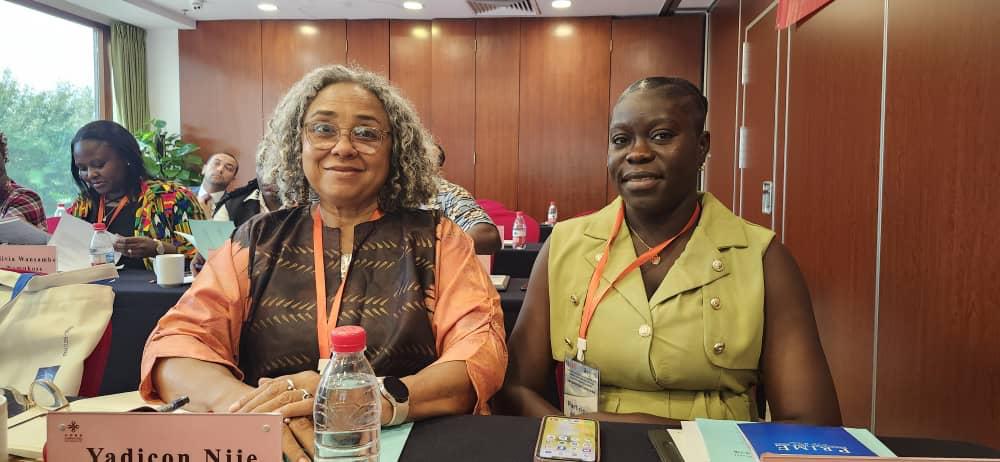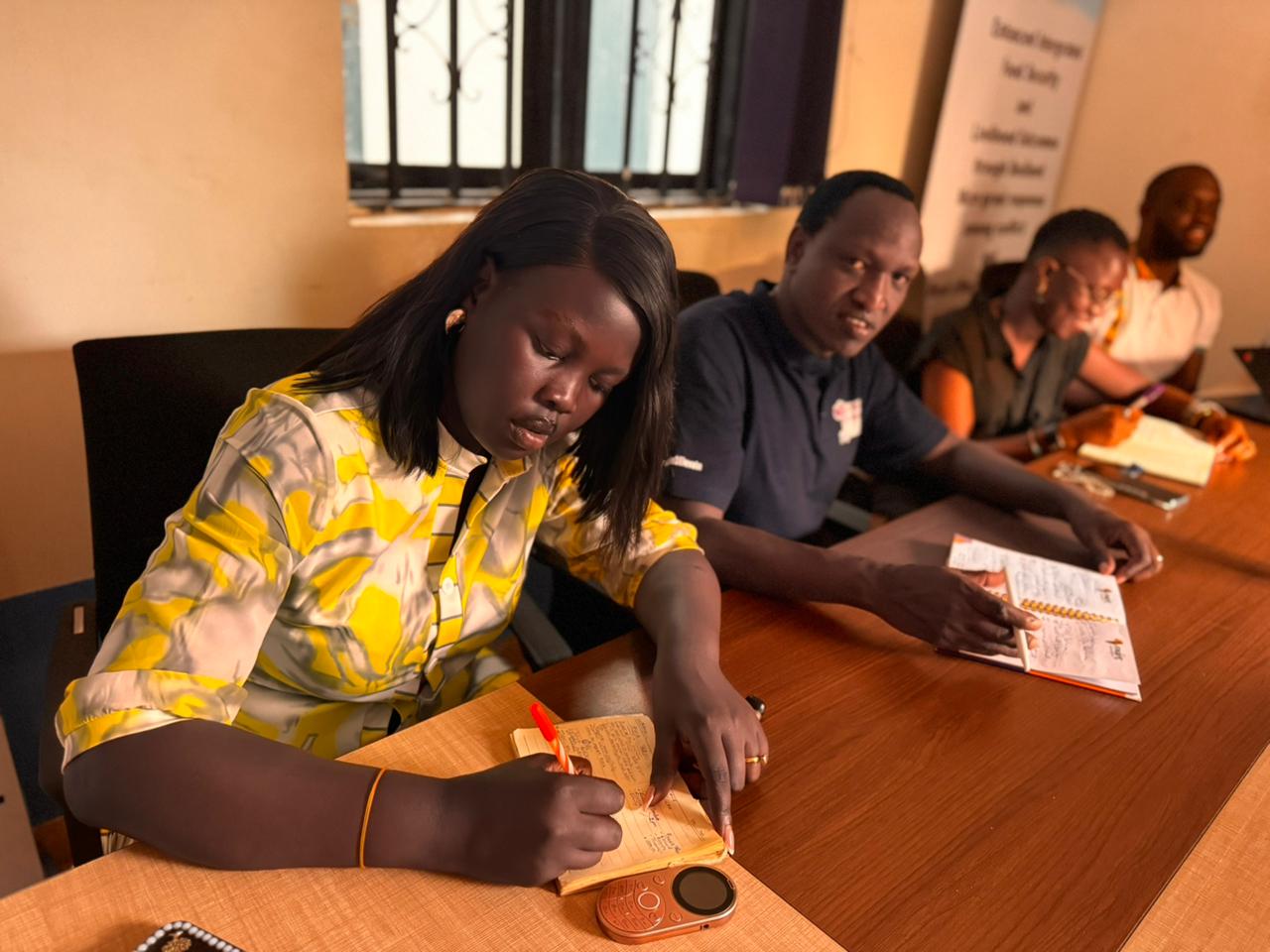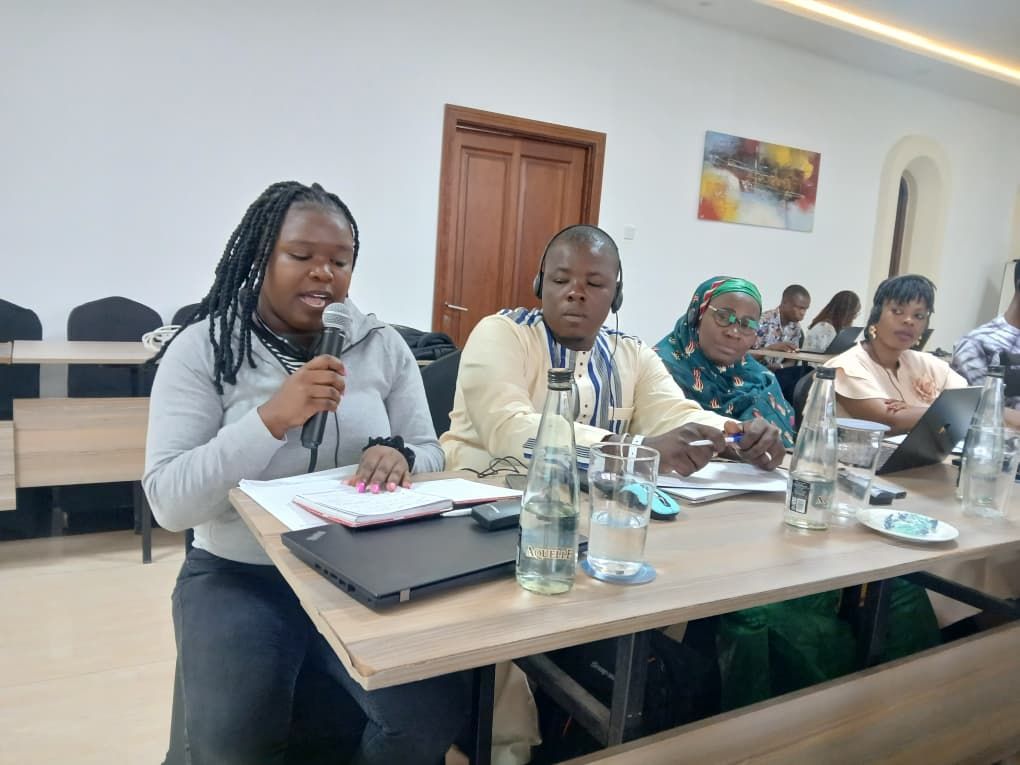The journey from the Gambia River to the Yangtze is more than a traversal of continents; it is a voyage between two different epicenters of a shared global struggle. In Beijing, where the narrative of lifting hundreds of millions from poverty is a modern national epic, a crucial translator has arrived: Madam Yadi Njie Eribo, National Coordinator of FAWE Gambia.
She is not here as a mere spectator. Her presence at the International Seminar on Rural Development and Poverty Reduction, organized by the International Poverty Reduction Center in China (IPRCC, represents a strategic reconnaissance mission. As participants from ten developing countries dissect China’s transformative playbook, Madam Eribo is tasked with a critical question: How can these lessons be adapted, not adopted, to empower the girls and young women of rural Gambia?
The seminar’s agenda is a deep dive into a specific model of development, one built on infrastructural might and systematic skill-building. But for a leader from FAWE, the lens is uniquely gendered. The official tours are not just photo opportunities; they are live case studies. A visit to a vocational school became a pivotal scene—a place where the abstract theory of “poverty reduction” is made tangible through the whir of a drone’s rotor and the steam from an espresso machine.
Here, rural youth are not being trained for the economy of yesterday, but for the economy of tomorrow. The curriculum—spanning from the artisanal craft of coffee-making to the technological mastery of drone operation—presents a powerful dualism: honor traditional livelihoods while arming students with the skills to disrupt them. This is the core of the Chinese lesson: that resilience is bred through adaptability.
For Madam Eribo, the coffee is not just a beverage; it is a potential micro-enterprise for a young woman in a Gambian village. The drone is not just a gadget; it is a tool for agricultural monitoring, a potential business she could own and operate. The challenge, which her expertise in gender-responsive education uniquely positions her to solve, is ensuring that these emerging, non-traditional fields are accessible to young women, breaking cycles of poverty and occupational segregation simultaneously.
Her presence in Beijing signals a new phase in FAWE’s work—one that looks beyond the classroom walls to the economic ecosystems that students will enter. It is about understanding that educating a girl is only half the battle; the other half is ensuring the world she enters is equipped to value her skills. She is not in China to copy a model, but to decode its principles—to learn how to build a ladder of practical, dignified opportunity that can reach the most marginalized girl in the most rural area, and to bring that blueprint home.




Leave A Comment